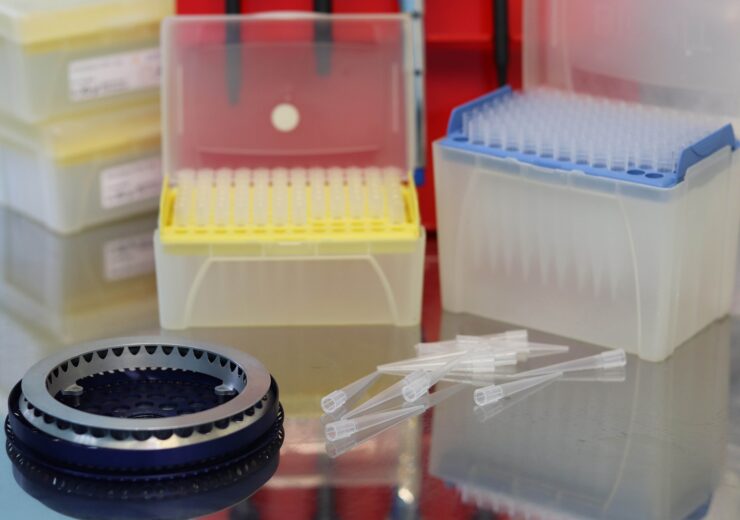Under the agreement, the firms intend to combine Xyphos' ACCEL technology and Kelonia's iGPS to create in vivo CAR-T Cell therapies that can target a maximum of two programmes

Astellas’ Xyphos and Kelonia enter research and licensing deal. (Credit: Tatiana from Pixabay)
Astellas Pharma, through its wholly owned subsidiary Xyphos Biosciences, has partnered with Kelonia Therapeutics to develop new immuno-oncology therapeutics.
Kelonia is a biotech company engaged in the development of novel genetic treatments using its in vivo gene placement system (iGPS).
iGPS uses next-generation lentiviral particles to effectively transfer genetic cargo to the patient’s body’s intended target cells.
Xyphos leverages its proprietary ACCEL technology platform that uses its convertibleCAR (convertible Chimeric Antigen Receptor) on immune cells.
Kelonia CEO and founder Kevin Friedman said: “Combining Kelonia’s in vivo gene delivery capabilities with the ACCEL convertible CAR technology is an ideal marriage of technologies to create off-the-shelf, universal CAR-T Cell therapies.”
As per the agreement, the firms intend to combine Xyphos’ ACCEL technology and Kelonia’s iGPS to create in vivo CAR-T Cell therapies that can target a maximum of two programmes.
The development and marketing of goods resulting from the collaborative research will be handled by Xyphos.
For the first programme, Kelonia will earn $40m up front and an additional $35m if Xyphos exercise its options for the second programme. Additionally, there might be milestone and contingency payments totalling $800m.
Kelonia is also qualified for tiered royalties on net sales up to the double-digit percentage and will receive R&D funds for activities completed under the agreement.
Astellas chief strategy officer Adam Pearson said: “With iGPS, Kelonia has an elegant, cutting-edge in vivo delivery technology, and by combining with the ACCEL platform, we believe the collaboration will bring synergies between the two companies’ breakthrough research and will ultimately lead to expansion of Astellas’ portfolio and to delivery of innovative in vivo CAR-T cell therapies to cancer patients.”
In a separate development, Japan-based Astellas announced that Padcev with Keytruda has been accepted for priority review in Japan.
Japan’s Ministry of Health, Labour and Welfare (MHLW) granted the review for the Padcev-Keytruda combo as a combination therapy for the first-line treatment of adult patients with previously untreated locally advanced or metastatic urothelial cancer (la/mUC).
The application, filed last month, was based on results from the Phase 3 EV-302 clinical trial in which Padcev with Keytruda improved overall survival (OS) and progression-free survival (PFS).
